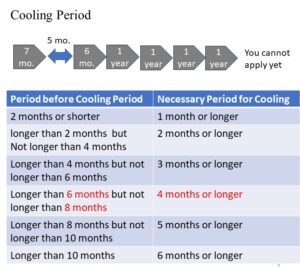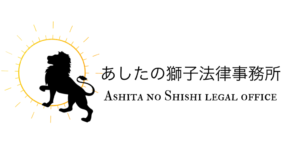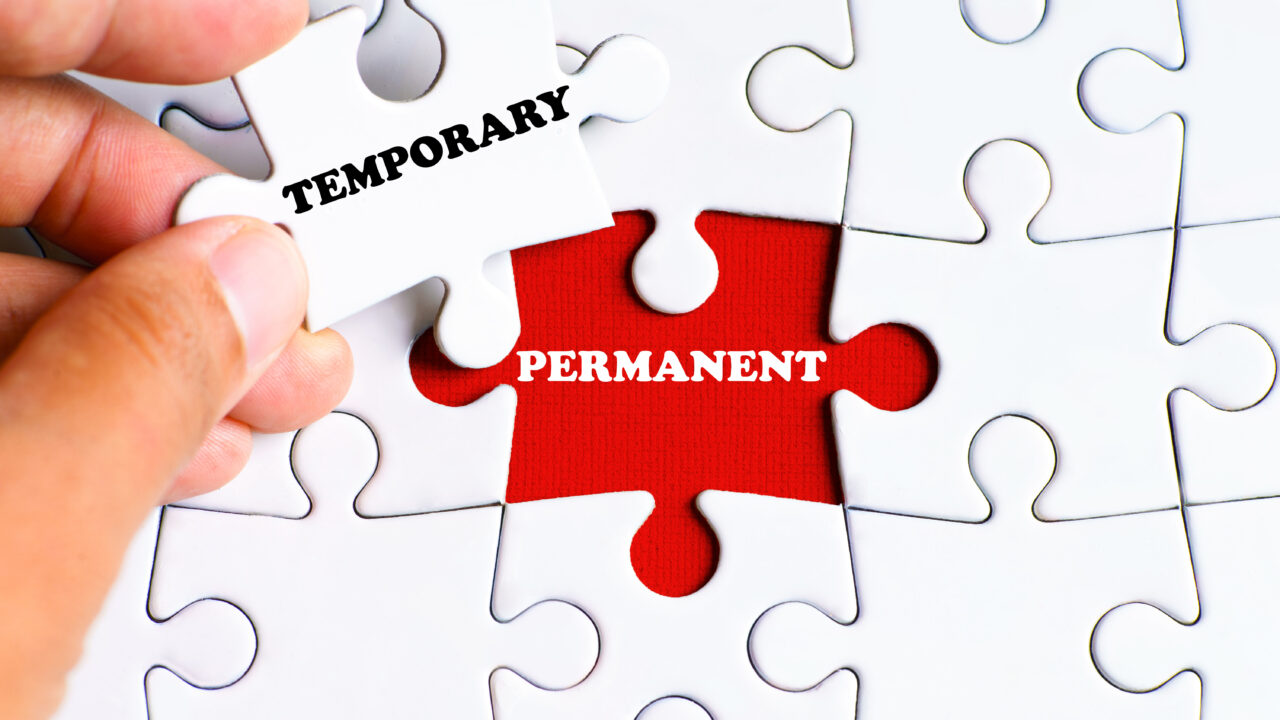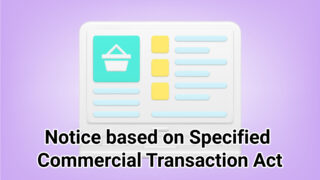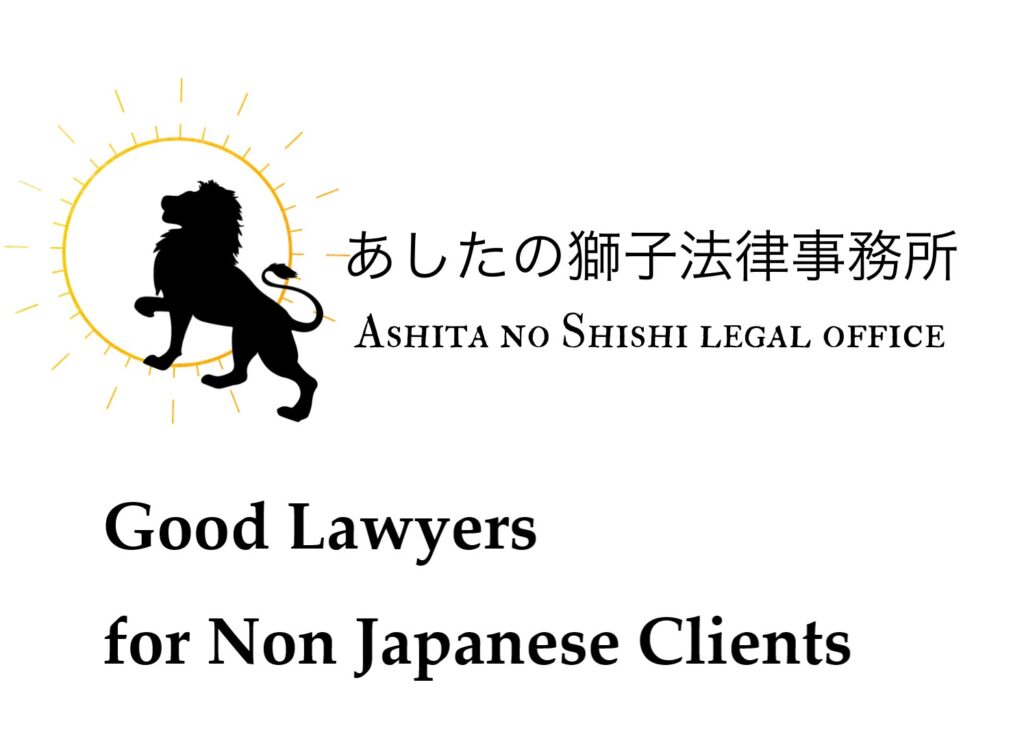What is “the Rules for Conversion to Permanent Employment”?
The rules for conversion to permanent employment(無期転換ルール Muki-Tenkan Rule in Japanese) were introduced as part of Japanese labor laws in 2013(the “Conversion Rule”). If a fixed-term labor contract is renewed several times and the total period exceeds five years, the worker may apply for conversion to a labor contract with no fixed-term (permanent contract).
Many employers prefer fixed-term employment to permanent employment because dismissal of permanent employees (正社員 Sei-Shain) is strictly restricted. Once a company hires a person as a permanent employee, they cannot dismiss him/her unless there is a serious and valid reason which can justify the dismissal.
On the other hand, employer is in principle free to decide whether or not to renew the fixed-term contract*. Therefore, employers tend to choose fixed term contracts. As a result, many employees are exposed to the fear of non-renewal of employment. The Conversion Rule was introduced to alleviate such anxiety of employees and to make their employment more stable.
*In some exceptions, employers are obliged to renew fixed term contract. Please see Avoid wrongful termination in Japan | Highly Skilled Japan (highly-skilled-japan.com)
When can employees apply for the conversion to permanent employment?
Many people have heard of this Conversion Rule. But it is a little difficult to understand when employees actually can apply for the conversion.
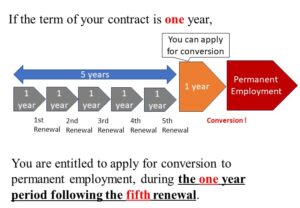
As the image above shows, if you have one year contract with your current employer and the contract have been renewed repeatedly. You may be able to apply for conversion after fifth renewal. But be careful! if you fail to apply for conversion during one year from the 5th renewal, you may lose the right to apply for the conversion.

On the other hand, as the chart above shows, if you have three-year contract with your current employer, you will be entitled to apply for the conversion after first renewal. So, in this case, you don’t need to wait for 5 years to apply for Conversion. Again, you need to be careful not to miss this opportunity. If you fail to apply for conversion during the three years from the 1st renewal, you may lose chance to be a permanent employment.
Even if you apply for the conversion, your contract will not become permanent one immediately. The conversion occurs on the next date of the expiration of your current fixed-term contract.
Exception for this Conversion Rule
There are some exceptions for this Conversion Rule. If you fall into any of the following cases, you may not be able to apply for the conversion to permanent employment.
Special Treatment for workers with Advanced Specialized Knowledge
Some employers are interested in hiring people with advanced specialized knowledge for certain projects which could last longer than five years. In such cases, employers can use a special treatment.
If an employer has prepared a plan for appropriate employment management and obtain authorization from the Director of the Prefectural Labor Bureau, the Conversion Right does not arise while such highly skilled personnel are working on the project.
Note that the duration of the project cannot exceed 10 years. And if the contract is renewed after the project is completed, employee can apply for the conversion to permanent employment.
Special Treatment for workers who continue to be employed after retirement.
Most Japanese companies set the retirement age at 60 or 65 as a rule of employment. However, many companies often re-employ people after they reach the retirement age by entering into a fixed-term contract. Even in such case, if the fixed-term contract is renewed several times and total period exceeds five years, the conversion right will arise.
However, if an employer has prepared an appropriate plan for employment management and has obtained authorization from the Director of the Labor Bureau, the conversion right will not arise even if the fixed-term contract is renewed for a period over five years.
Note that this exception applies only when the retiree is re-employed by the same employer for which he or she worked until their retirement age. So, it does not apply if the retiree is employed by a different employer.
Researchers, faculty members, etc., of universities or research and development corporations
For the purpose of strengthening research and development capabilities and revitalizing education, special exceptions are established for researchers and faculty members of universities or research and development corporations.
With respect to such researchers and faculty members, the conversion right will not arise until fixed-term contract is renewed over 10 years, not five years.
What is Cooling Period?
To know the answer of this question, you need to understand the concept of “Cooling Period”.
【Period before Cooling Period is one year or longer】
Cooling period is the period when you don’t have a contract with your company. If the Cooling Period exceeds certain length, the period prior to the Cooling Period will not count for calculation of total period necessary for Conversion to Permanent employment.
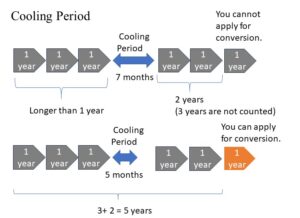
As the image above shows, if the period before Cooling Period is one year or longer, such previous period does NOT count if Cooling Period is 6 months or longer. In this case, you need to work for 5 years from the end of cooling period to apply for the conversion.
On the other hand, the previous period which is one year or longer will count if the cooling period is shorter than 6 months. In this case, you can apply for conversion if you have worked for longer than 5 years since you started working for the company.
Period before Cooling period is shorter than one year
If the period before cooling period is shorter than one year, as the chart below shows, the previous period will not count even if the Cooling Period is shorter than 6 months. For example, if the previous period is 7 months, such period will not count if there is 5-month Cooling Period.
